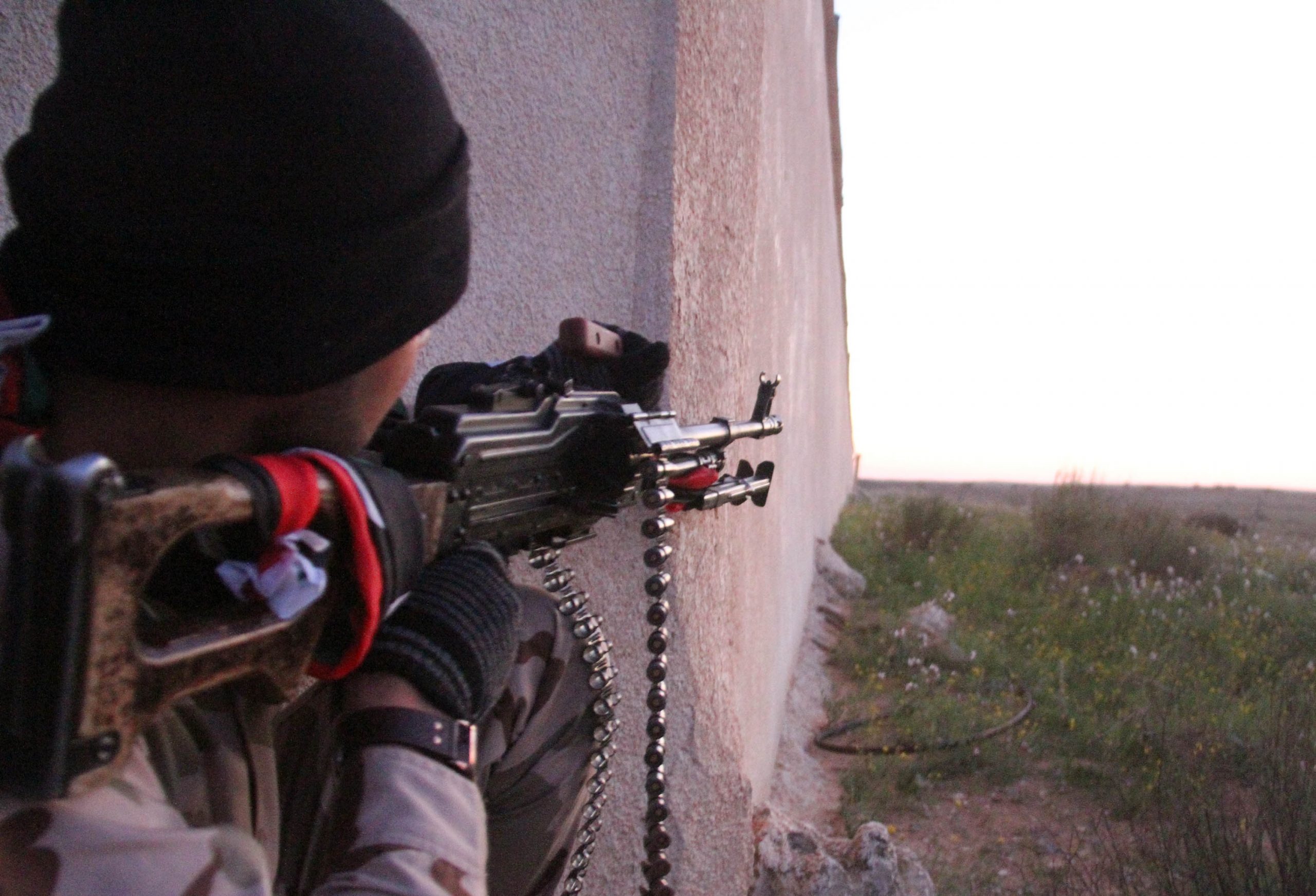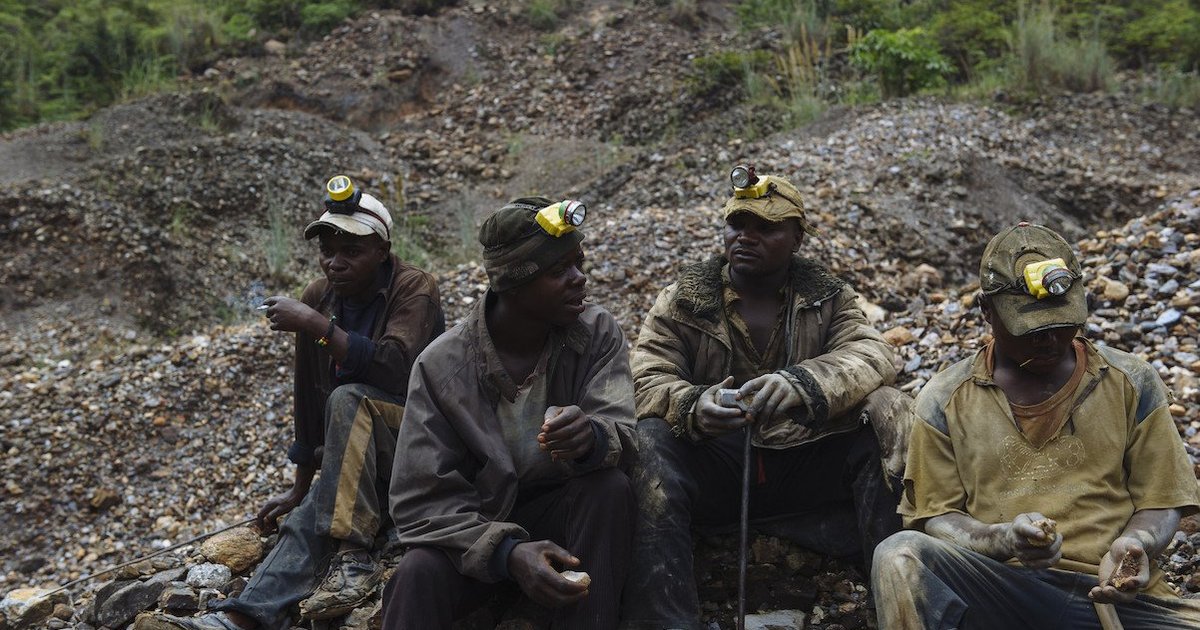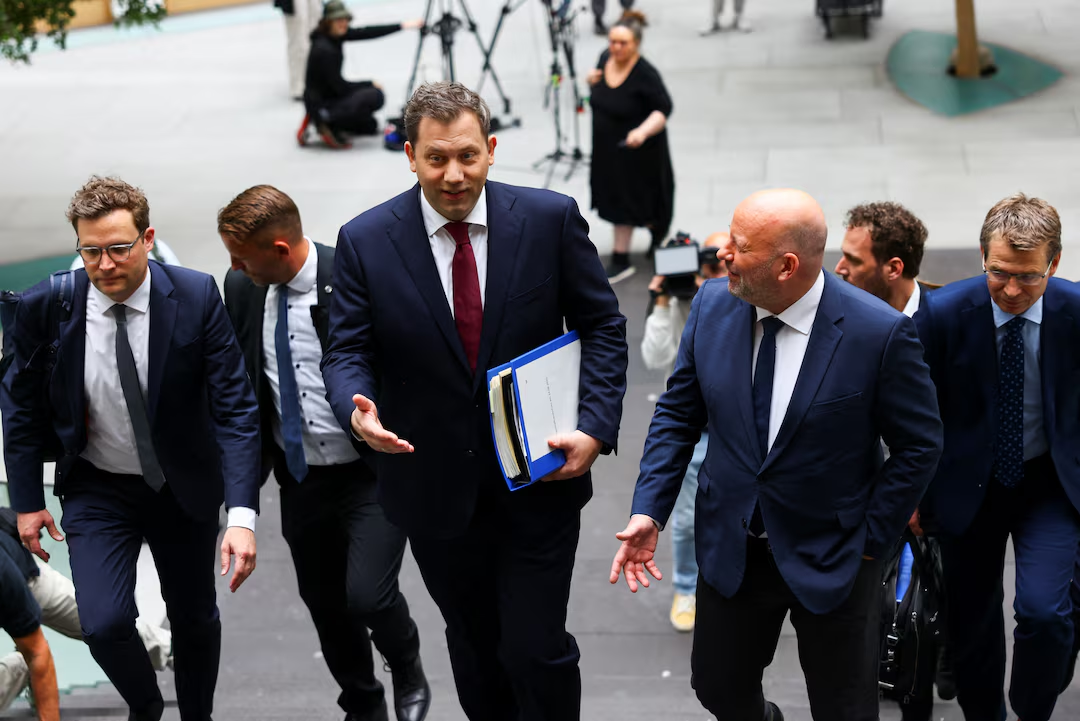In the face of rising tensions in Libya, the Rada militia has revived a coalition of pro-Haftar forces in the capital Tripoli, challenging the militia of Prime Minister Abdelhamid Dabaiba. Learn more about the details of this coalition and its role in the ongoing conflict in Libya.
In a new escalation of tensions in Libya, the Rada militia has revived a powerful coalition of pro-Haftar forces in Tripoli, signaling a dramatic shift in the political and military landscape. The decision to re-establish this alliance comes at a critical moment, as the forces loyal to General Khalifa Haftar are working to regain influence in the western region of Libya, while Prime Minister Abdelhamid Dabaiba’s militia continues to hold significant power over the capital city.
This shift is not just about a military maneuver; it represents a strategic recalibration in the ongoing conflict between rival factions in Libya. The country has been embroiled in chaos since the fall of Muammar Gaddafi in 2011, with multiple militias and armed groups competing for control. For Haftar’s supporters, the revival of the Rada militia coalition is seen as a crucial step toward consolidating power and challenging the existing government backed by Dabaiba.
The Conflict Between Rada Militia and Dabaiba’s Militia
The conflict between the Rada militia and Dabaiba’s militia is part of a broader struggle for control over Tripoli, which has been at the heart of the Libyan conflict for years. The city is not only Libya’s political capital but also its economic and strategic hub. Whoever controls Tripoli holds a significant advantage in shaping the country’s future direction.
Dabaiba’s militia, which has aligned itself with the Government of National Unity (GNU), enjoys significant backing from various local and international actors. The government, led by Dabaiba, came to power in 2021 following a UN-brokered agreement, but it has faced criticism and opposition from many factions within the country, particularly those loyal to Haftar.
The Rada militia, on the other hand, has been a staunch ally of Haftar, who controls much of eastern Libya. Haftar’s forces have long sought to extend their influence in the west, and Tripoli represents the last major stronghold of opposition. The tensions between these two militias are not just local; they are tied to the larger geopolitical struggle, with foreign powers also playing a crucial role in supporting one faction over the other.
While Dabaiba’s militia controls significant portions of Tripoli, the Rada militia’s resurgence signals that Haftar is not willing to concede the west without a fight. This ongoing rivalry between the two militias has led to fierce clashes and a worsening humanitarian crisis in the capital, with civilians often caught in the crossfire.
The Strategic Importance of Tripoli in the Libyan Conflict
Tripoli’s strategic significance cannot be overstated. As the capital of Libya, it is home to key government institutions, the country’s largest port, and a significant portion of the nation’s oil reserves. Control over Tripoli means control over much of the country’s political, military, and economic power.
For Haftar, Tripoli has been a critical target for years. His forces have launched multiple offensives to capture the city, but have faced stiff resistance from the militias loyal to the Government of National Unity. The arrival of the Rada militia, now reinvigorated and aligned with Haftar’s forces, could change the balance of power in Tripoli, making it harder for Dabaiba to maintain control.
In addition to its political importance, Tripoli’s geographical location also makes it a valuable asset. As the largest city in Libya, it is strategically positioned near the Mediterranean Sea, allowing for easy access to international trade routes. The city also serves as a hub for Libya’s oil exports, with its proximity to oil fields making it vital to the country’s economy.
The control of Tripoli, therefore, is more than just about local governance—it is about securing Libya’s future and ensuring that one faction can maintain access to the resources that are essential for survival in a post-Gaddafi Libya.
The Role of External Actors in the Libyan Conflict
The Libyan conflict has attracted significant international involvement, with various foreign powers backing different factions in the country. Haftar’s forces, including the Rada militia, have received support from countries such as Egypt, the United Arab Emirates, and Russia. These nations view Haftar as a strongman who can bring stability to the country and curb the influence of Islamist militias and rival factions.
On the other hand, Dabaiba’s government has received backing from Turkey and several European nations. Turkey, in particular, has played a critical role in providing military support to Dabaiba’s forces, including weapons, drones, and military advisers. This international support has added another layer of complexity to the conflict, as foreign powers seek to secure their interests in Libya’s oil-rich landscape.
While the UN and other international bodies have pushed for peace and political solutions, the military support provided to opposing factions has made it difficult to reach a lasting resolution. The involvement of external actors has turned Libya into a proxy battleground for competing geopolitical interests, with local militias caught in the middle.
The Humanitarian Impact of the Conflict
The ongoing conflict in Libya has had a devastating impact on civilians. As fighting continues between the Rada militia, Dabaiba’s militia, and other armed groups, the civilian population has borne the brunt of the violence. Thousands of people have been displaced from their homes, while many others have lost their lives in the crossfire.
The humanitarian situation in Tripoli is particularly dire, with many residents facing shortages of basic necessities such as food, water, and medical supplies. The prolonged conflict has also led to the destruction of vital infrastructure, including schools, hospitals, and homes, making life even more difficult for those caught in the conflict.
The international community has called for an immediate ceasefire and a return to political dialogue, but so far, such efforts have been unsuccessful. Until a political solution can be reached, the humanitarian crisis in Libya is likely to worsen, with more lives at risk as the conflict drags on.
The Future of the Libyan Conflict
Looking ahead, the future of Libya remains uncertain. While the revival of the Rada militia’s coalition with Haftar’s forces could potentially shift the balance of power in Tripoli, it is unclear whether this will lead to a definitive resolution of the conflict. The situation remains fluid, and much depends on the ability of the international community to broker a peace deal between the warring factions.
One possible outcome is that Haftar, with the support of the Rada militia, could eventually gain control over Tripoli, further consolidating his power in Libya. However, such a scenario would likely lead to more resistance from Dabaiba’s militia and other factions, potentially prolonging the conflict even further.
Another possibility is that a political solution could emerge, with the support of the United Nations and key international actors. This would require all parties to come to the table and negotiate a power-sharing arrangement that could bring stability to the country. However, with deep-seated divisions and competing interests, this remains a distant hope for many in Libya.
Conclusion
The revival of the Rada militia coalition in Tripoli marks a significant development in the Libyan conflict. As the situation continues to evolve, it is clear that the battle for control of Tripoli is far from over. The involvement of foreign powers, the humanitarian crisis, and the political instability all point to a protracted conflict that will take time to resolve. For now, the people of Libya remain at the mercy of armed groups, with no end in sight to the violence that has plagued their country for over a decade.
for more you can read:
Thanks for reading for more news visit our website: africaciviclens.com




